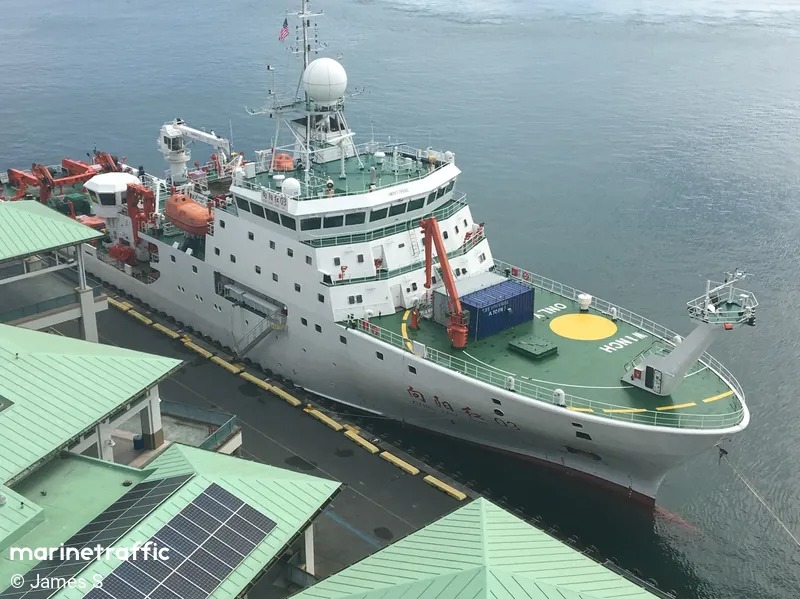Nestled in the Indian Ocean, the Maldives emerges as a significant player, navigating the intricate web of geopolitical interests among major Asian powers. Beyond its picturesque allure, the archipelago serves as a stage for diplomatic maneuvering influenced by evolving political ideologies and strategic imperatives.
Under the leadership of Dr. Mohammad Muizzu’s Progressive National Congress (PNC) party, the country appears to be recalibrating its alliances, inclining notably towards Beijing. Recent developments, including the state visit of the President to China, underscore this diplomatic realignment.
However, the implications transcend mere symbolism. The docking of the Chinese research vessel, Xiang Yang Hong 3, in the capital, alongside substantial financial incentives from Beijing, signals a deeper convergence of interests. While this may promise economic opportunities for the country, it also raises concerns about burgeoning debt and implications for national sovereignty, echoing fears stemming from similar developments in Sri Lanka.
Amidst these diplomatic overtures, questions loom regarding the country’s adherence to its longstanding policy of limiting Chinese military activities near Indian shores. With China’s expanding presence in the Indian Ocean region, exemplified by vessels like the Xiang Yang Hong 03, the Maldives finds itself at a crossroads, balancing its own interests amidst broader geopolitical currents.
As the country navigates this delicate geopolitical terrain, observers ponder the implications of its shifting allegiances and the ripple effects across the Indian Ocean. In this evolving landscape, the archipelago’s strategic significance is more pronounced than ever, reflecting the broader dynamics of power in the region.












